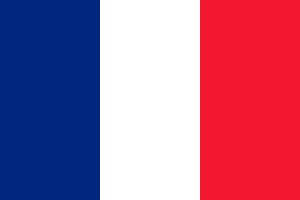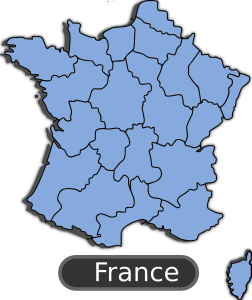Google Fiber to touch more US cities–a boost for American Internet market competition
Article – From the horse’s mouth
Exploring New Cities For Google Fiber
My Comments
After its success with Kansas City, Provo and Austin, Google is planning to hit nine more US cities with their fibre-optic broadband service. Here, I see this as an attempt to bring competition to Internet service in these communities in a situation where competition is dwindling due to the pending merger between Comcast and Time Warner Cable.
Even though most of the city fathers representing these communities are behind these projects, usually to see their communities grow economically, there are issues with state and federal authorities who have frustrated competitive activity like municipal Wi-Fi deployments. This is typically to protect incumbent cable and telephony companies against competitive service, but it allows these companies to treat their customers as second-class citizens by redlining good services away from certain communities or simply providing poor-value service to their customers.
But something needs to be done to assure competition on the Internet-service front and this may involve the US Department Of Justice rather than the Federal Communications Commission. It may involve prohibition of uncompetitive mergers or overriding anti-competitive state requirements in order to make sure that third-party Internet service providers can operate in more communities. It may even require a repetition of the 1980s court action that took place to break up “Ma Bell” to assure competition. Once we see more of Google Fiber in action and other Silicon Valley Internet companies work towards providing end-to-end Internet service, it could open up the idea of competition to the US market.


